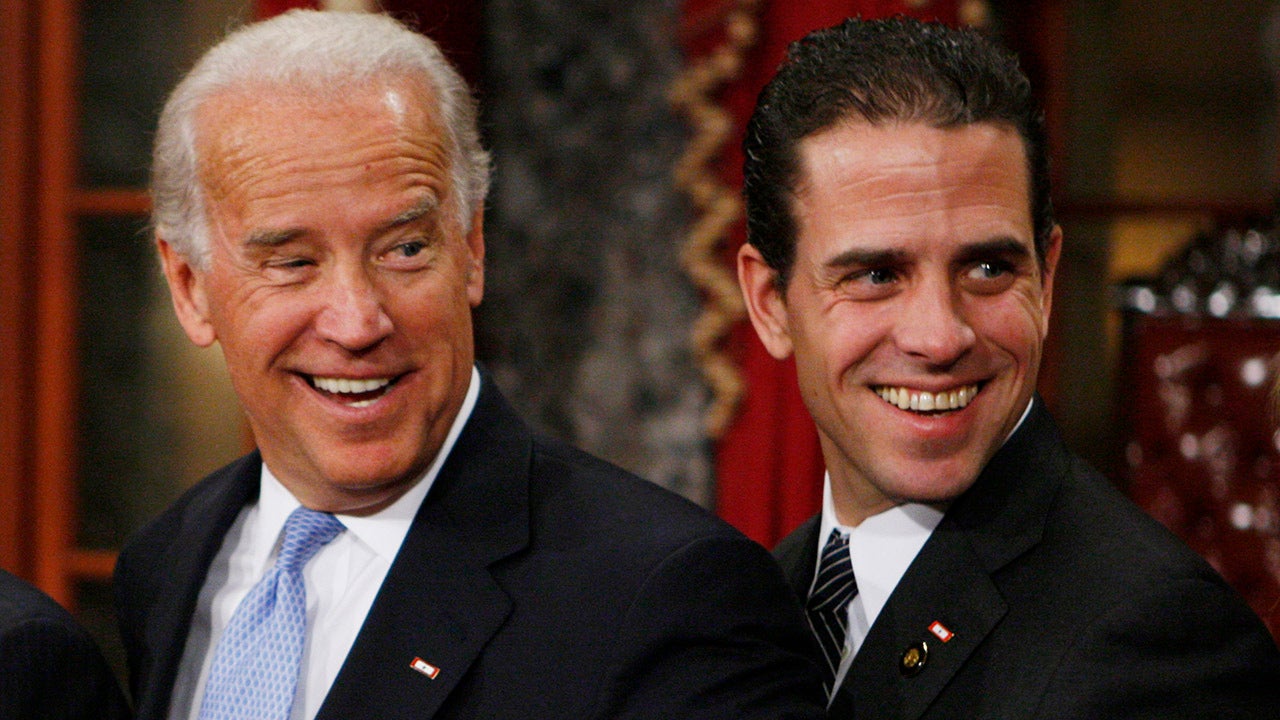Biden's Hunter pardon contradicts his longstanding stance on executive power: "No one is above the law."
Biden's pardon contradicts his earlier statements about the boundaries of executive powers.

On Monday, President Joe Biden faced criticism for pardoning his son, Hunter Biden, with critics arguing that the pardon was too broad and went against the president's past statements about the importance of the judiciary in protecting against executive abuses of power.
During a speech in July, Biden criticized the Supreme Court's decision that broadened the scope of presidential immunity, warning of a "dangerous precedent" that could be set.
"In July, Biden stated that the founding of this nation was based on the belief that there are no monarchs in America. He emphasized that no one, including the president of the United States, is exempt from the law."
Biden's criticism of the Supreme Court's July 1 ruling was in response to the expansion of presidential immunity, which he deemed a fundamental change to the separation of powers.
Biden stated in July that the Supreme Court's decision on presidential immunity fundamentally changed the situation.
"In essence, today's decision implies that a president has almost unlimited powers," he stated.

The Supreme Court majority ruled that presidents have absolute immunity from any actions taken within the scope of their core constitutional powers.
Other actions taken while holding office are also covered by a presumption of immunity, it was stated.
Biden strongly opposed that decision, expressing grave concerns about the dangers of unchecked authority in the executive branch and the erosion of what he considered essential limits for a president.
Biden stated that the presidency is the world's most powerful office, which not only challenges your judgment but also tests your character.
"Biden stated in his speech that in addition to facing moments that require courage to utilize the full extent of presidential power, he also encounters instances where he must exercise wisdom to recognize the constraints of the presidency's authority."

Biden is facing criticism from some lawmakers and legal analysts six months after pardoning Hunter Biden, which was a reversal of his earlier promises and a broad protection that covers any federal crimes Hunter may have committed from 2014 to 2024.
Biden condemned the unjust investigation and trial of his son, which he claimed was politically motivated and resulted in an unjust outcome.
The president stated on Sunday that no reasonable individual, upon examining the evidence of Hunter's cases, could arrive at any different conclusion except that he was targeted solely due to his relationship with the president, which is unjust.

Some critics argue that Biden's pardon could harm the Justice Department's reputation, as it may reinforce Trump's claim that the department is a tool for political gain rather than an independent agency.
Ryan Williams, a longtime Republican strategist and communicator, stated that Biden's pardon essentially endorses Trump's long-held belief that the Department of Justice is politicized and not impartial.
Planet Chronicle Digital's Paul Steinhauser contributed to this report.
politics
You might also like
- California enclave announces it will cooperate with immigration officials and the Trump administration.
- Danish lawmaker urges Trump to abandon Greenland acquisition plan.
- Now, the Dem who labeled Trump an "existential threat to democracy" is obstructing his nominees.
- The lawyer for Hegseth criticizes the "dubious and inaccurate" testimony of his ex-sister-in-law.
- The House GOP outlines a plan to improve the healthcare system, emphasizing its impact on national defense.



















